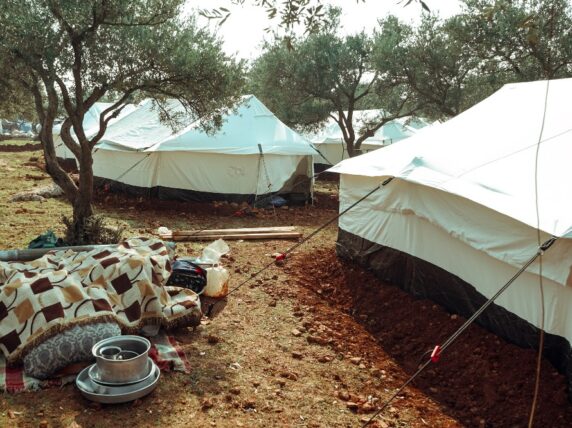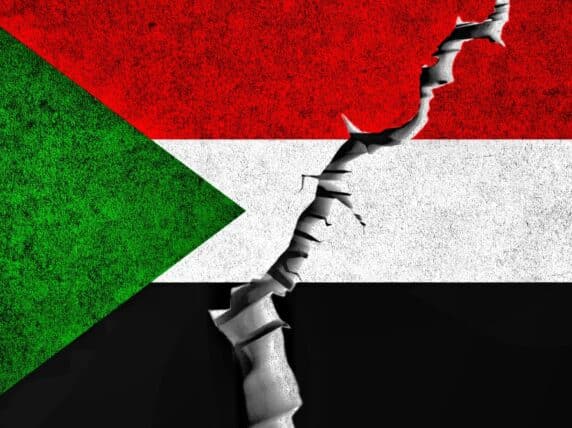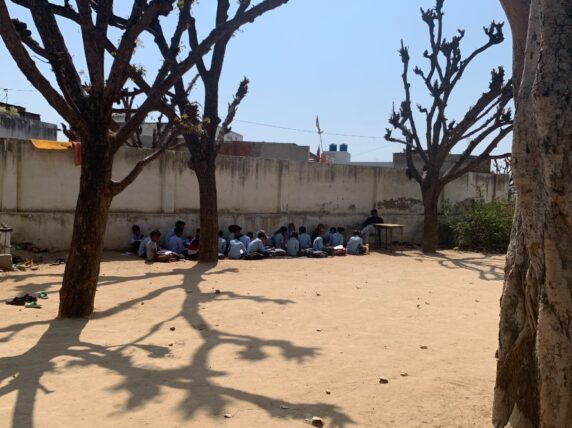Now or never: Promises to donate Covid-19 doses need to urgently be delivered
World leaders, including the UK, have made commitments to address global vaccine inequity through the donation of Covid-19 vaccine doses.
However, with only 12% of doses committed turning into actual doses delivered, the fulfilment of dose donations need to be urgently accelerated, particularly with so many high-risk groups and health workers around the world still unprotected.
Why are low and low-middle countries being left behind?
The vast majority of Covid-19 vaccines manufactured globally this year have been purchased by the wealthiest countries, contributing to a limited supply of Covid-19 vaccines in low and low-middle income countries. The World Health Organisation (WHO) had set a target of all countries reaching 10% coverage by the end of September 2021. However, only 2.2% of people in low-income countries have received at least one dose of vaccine; with many low-middle income countries also still having extremely low coverage. Throughout 2021, we have seen devasting outbreaks in countries with low vaccination coverage, which poses a great risk for countries lacking the financial resources to attain Covid-19 vaccines.
In addition to a lack of access to Covid-19 doses, countries also face significant barriers in administering vaccines. Many have cited operational costs as one of the key contributing factors behind the slow rollout of Covid-19 vaccines. Therefore, in addition to more doses, low and low-middle income countries require further resources and financial support to enable vaccine delivery, such as cold chain storage, enhanced delivery capacity and support for frontline health workers. With that said, it is imperative to ensure that increased support for Covid-19 vaccine delivery does not take away human and financial resources from the delivery of essential health services for children, such as routine immunisation services, which have been severely impacted by the pandemic.
How has the world responded?
The COVAX facility was created to facilitate the procurement and delivery of Covid-19 vaccines around the world, and to ensure that every country is able to vaccinate its high-risk groups and health workers as a critical first step towards curbing the pandemic and protecting those most at risk of death and severe illness.
Despite enormous challenges, COVAX has delivered an estimated 329 million doses to 144 countries to date. Of these doses, over 130 million have come from dose donations, which demonstrates just how important dose donations have been thus far. COVAX has also secured legally binding commitments to obtaining a further 4.5 billion doses. However, these doses will take time to be manufactured and delivered. Dose donations are necessary to addressing the immediate challenges that low and low-middle income countries face in accessing vaccines. It remains a short-term, but critical, solution.
Subscribe to our newsletter
Our weekly email newsletter, Network News, is an indispensable weekly digest of the latest updates on funding, jobs, resources, news and learning opportunities in the international development sector.
Get Network NewsAt the 2021 G7, hosted in the UK in June, G7 leaders committed to donating over 870 million doses to low and low-middle income countries. This raised commitments to one billion in total. At the September Covid Vaccines Summit, further dose donation commitments were made by several world leaders, including the US, Italy and Japan. However, with only 12% of donated doses committed to turning into actual doses delivered, we need to urgently accelerate the fulfilment of dose donation commitments. This is imperative to ensuring all health workers and high-risk groups around the world are vaccinated by the end of the year.
It is vital that world leaders urgently accelerate the delivery of dose donations to ensure that doses reach countries when they are most needed, now, in 2021.
What can the UK do to protect high-risk groups and health workers around the world?
At the G7 Summit, the UK pledged 100 million doses, 80% of which have been committed to the COVAX facility. However, 70 million of these are not expected to be delivered until 2022, whereas doses are urgently needed now, all over the world. An analysis commissioned by UNICEF UK* shows that the UK can in fact afford to significantly accelerate the delivery of its commitment. By donating 20 million available and approved doses each month, from September onwards, it would be able to supply 80 million of its committed doses by the end of the year.
Fulfilling these dose donations would still allow the UK to fully vaccinate 100% of the UK population over the age of 16; and provide a booster programme for people aged 70 and above, as well as immunocompromised people, all within 2021. Furthermore, these projections account for only approved doses of Pfizer, AstraZeneca, Johnson & Johnson and Moderna. The UK has also ordered a significant amount of doses from other vaccine candidates, still awaiting approval. They include Novavax, Sanofi and CureVac -all of which, if approved, will significantly increase the total number of surplus doses within the UK.
Access to vaccination is a right, not a privilege. World leaders, including the UK, must be willing to urgently accelerate the fulfilment of donated Covid-19 doses. They must also further commit to providing financial support for the delivery of donated doses on the ground, to ensure they reach those who need them most.
Covid-19 presents an unprecedented challenge on a global scale. But equitable access to Covid-19 vaccines offer a clear pathway to saving lives, enabling global economic recovery, and taking huge strides towards ending the pandemic.
*This analysis was developed in collaboration with Airfinity, a Science Analytics Company
Category
News & Views



